I was living in a third floor apartment in a large house on
a tree-lined street in Thunder Bay. An elderly couple and their unmarried son,
Walter, rattled around the other two floors. They were the last three family
members still living in a house once inhabited by a family of twelve children
and an assortment of dogs and cats. All of them, including the dogs and cats,
were my friends when I was growing up next door.
Darleen, a daughter of the family, who lived in Arizona,
came to visit her brother and parents one summer bringing with her two young
granddaughters about nine years of age. Their names were Jeanette and Gloria.
They were chubby sprites, blue eyed and full of life but bored because their
grandmother, Darleen, had no car or no money to take them anywhere and neither
did the old folks or their Uncle Walter. I learned the children spent their
days in the huge living room with its faded drapes and shabby furniture,
colouring on scraps of paper or watching TV.
“I’m going swimming at the indoor pool on Saturday,” I said,
“and if they have bathing suits they can come with me.”
In the car, the girls sat in the back conversing together in
whispers. “Do you think Satan can come as far north as
“Satan can fly anywhere,” Jeanette said. “He’s invidious.”
“Sometimes he tricks us,” Gloria said. “That’s why our
parents whip us. To defeat Satan.”
The bathing suits were ill fitting and Gloria’s, made of
stretchy blue wool, had a few small holes here and there, as if nibbled by
moths. It turned out neither of the girls could swim but they paddled in the
small pool and leaned back into the hot tub, obviously pleased. Afterwards, we
stopped for ice cream cones.
When I brought them home, I said, “Come upstairs and visit
me sometime.”
Their faces lit up. “Maybe after church tomorrow, ok?” Jeanette
said.
The next day, I heard them whispering on the landing outside
my door and I opened it to find them turning away down the stairs.
“No, no. Don’t go,” I called. “You’re welcome to pay a
visit.”
I planned to take
them for a walk but it was raining so hard that I suggested they might like to
look at my costume books. At that time, I was teaching Women’s History and had
a selection of hard covers about costumes of the past, as well as some
old-fashioned cutout books and colouring books. Their eyes lit up when they saw
my stand-up box of one hundred pencil crayons plus my electric pencil sharpener
on the wall. After much whispered debate, they chose a colouring book called
Great Women in History and, picking facing pages, Jeanette tackled Cleopatra
while Gloria took on Queen Elizabeth the First.
Later I brought out milk and cookies. This was the first of
many visits. I also took them to Boulevard
Lake for more swimming and a hike to Trowbridge Falls, which was not a success. The
girls were dressed as usual in full-skirted dresses with unsuitable shoes; they
did not seem to own slacks or runners and complained about walking the short
distance.
Their favourite occupations by far were coloring in the
costume-coloring book, sharpening and resharpening the pencil crayons—some of
them were soon reduced to nubs—and asking me questions. Did I think Heaven was
the most beautiful place in the world? Was Jesus more important than God? Was
there ice cream in heaven?”
“I’m sure of it,” I
said and, taking the hint, suggested we get in the car and try ice cream here
on earth.
I always answered simply, with a yes or no, or more often:
“I’m not really sure,” hoping to turn the subject away from religion, but it
seemed to be their only topic of interest. Often, when I did the dishes or
worked on schoolwork in the living room, I could easily tune into their soft
voices as they discussed theological and metaphysical questions, which were
paramount to them. Was there really such a thing as hell? Did little babies go
there? How do you know when someone is dead? Does smoking always kill you? If
you have one drink, are you an alcoholic?
One day after work, burdened as usual with books and a brief
case of schoolwork, I came in the back door to the small vestibule ready to
climb the two runs of stairs to my apartment. But it was immediately obvious
some sort of commotion was occurring in the main house. I could hear both the
children weeping loudly as everyone, Darleen, Walter, and the two ancient
great-grandparents, berated them angrily. The only words I could make out came
from Walter who said, “That is just plain silly.”
“You’ll just have to go back right now,” I heard Darleen
say. The door from the main house opened, and the two girls, both crying, ran
out. They stopped when they saw me and, together, in one motion, bowed their
heads as they sidled around me towards the outer door. Darleen was behind them
saying, “And don’t drop the money this time.”
She turned to me. “I sent them to the store to get milk but
they ran back without buying it and dropped a quarter somewhere on the street.
They’ll never find it now.”
“We saw this awful man in the trees outside the store,”
sobbed Gloria.
“He was horrible and we got scared, so we ran home,” Jeanette
whimpered.
“Oh my,” I said. “How scary for you.”
“Oh, don’t bother about all that nonsense,” Darleen said to
me. Turning to the children, she waved her arms, “Get going. Get,” and the two
little girls fled outside.
“But Darleen,” I said, “a child’s instinct, their intuition,
told them something was amiss. You don’t know what—”
“Ah, phooey to that,” said Darleen, opening the door to the
main part of the house. “Those spoiled brats never do what they’re told.”
I was amazed that such a fuss had been made over the loss of
a quarter, and angry that the girls’ perceptions were given no credence by
anyone. When they next came upstairs to visit, I tried to proceed carefully.
“I’m sure you did right by leaving. It’s always best to run away from something
scary.”
“Wow,” said Gloria. “He was really, really scary.”
“Did he say anything?” I paused. “Or do anything?”
“No, he was just horrible,” Jeanette said.
“What was so horrible about him?” I asked.
“Everything. Really, really horrible,” Gloria said, and the
two bent over their colouring. As usual, they were working on opposite pages,
one on Catherine the Great and the other on Clara Barton.
A knock brought Darleen in to call them down to supper. They
showed her the box of pencil crayons and the pages they were working on.
This turned out to be a mistake.
On Saturday, I made ready to take them swimming as usual.
But they did not come up the stairs so I went down. Gloria answered my knock,
opening the door to the kitchen. Jeanette was standing by the table but none of
the adults were in the room.
“We can’t come with you any more,” said Gloria. “Or visit
you any more. Our grandmother does not like that book about women. She says
it’s not a good book. But anyway, we’re going back to Arizona soon.”
“Oh,” I said, completely dumbfounded and shocked. It took my
brain a minute to take the situation in. I had become very fond of these
children. My own two daughters were grown up and married and these two reminded
me of my little girls of long ago. I realized I was suddenly, stunningly,
heartbroken. Two wonderful friends were being taken from me. And all for the
silliest reason: a colouring book entitled Great Women of History.
I opened my mouth to say something but could think of
nothing to say in front of two pairs of calm, blue eyes.
“We didn’t know it was a bad book,” Jeanette said. She
shrugged as if to say, what can you do?
“So, good-bye,” said Gloria, and she closed the door.
I caught not one glimpse of the girls until a few days later
when, looking out the front window, I saw them with Darleen on the sidewalk,
each with a battered suitcase in hand. Their Uncle Walter helped them into the
cab and they waved as they pulled away. I could not see the old couple, their
great-grandparents, but I thought they might be standing at the front window.
I waved too but, of course, no one waved back.
This story was previously published in NOWW magazine.





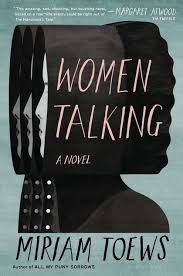
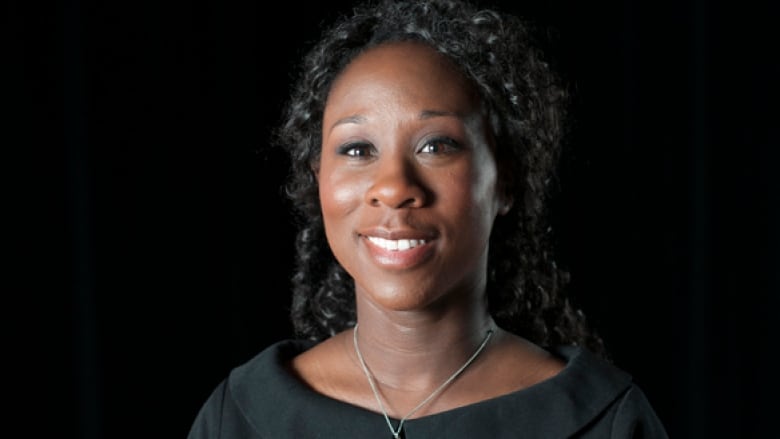


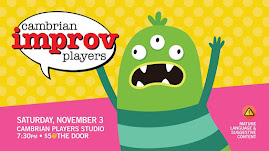



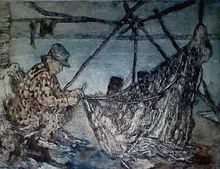

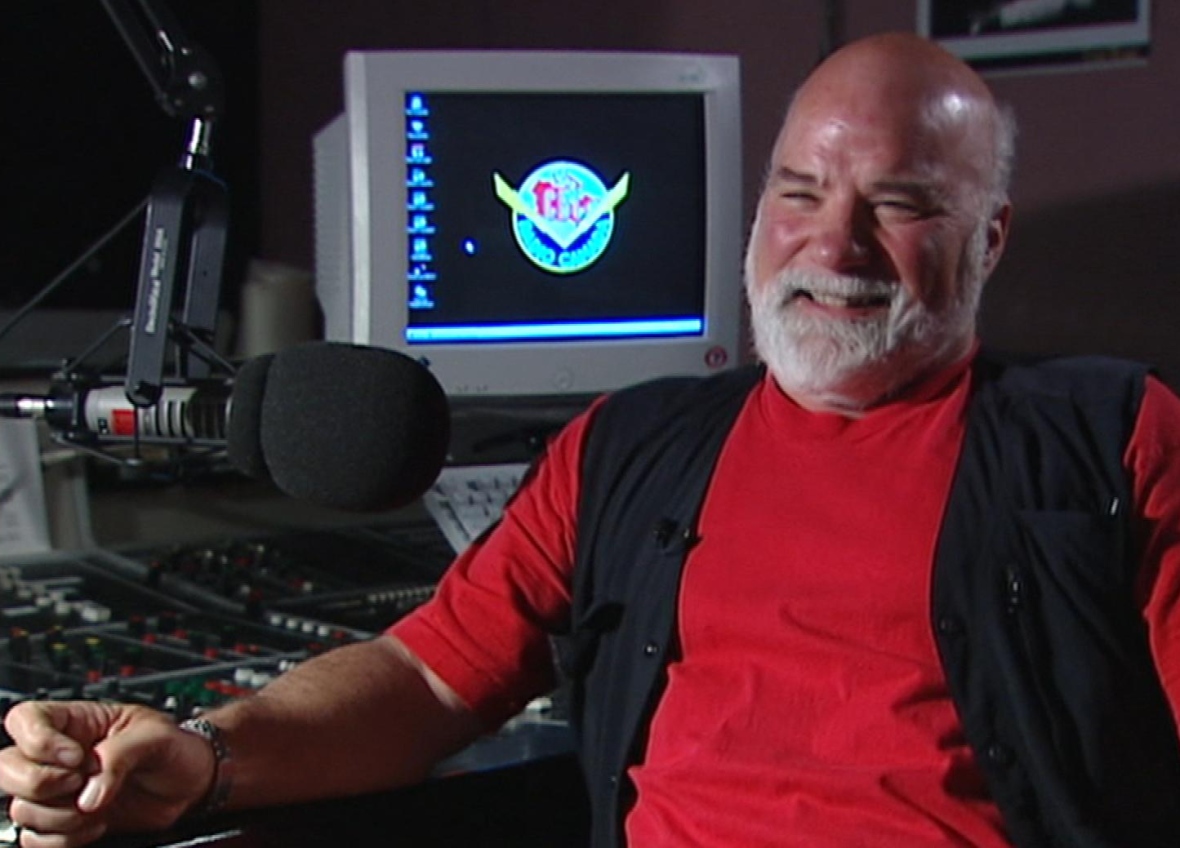
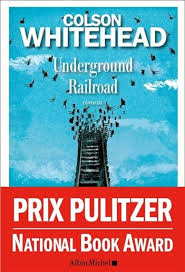

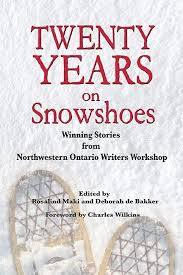










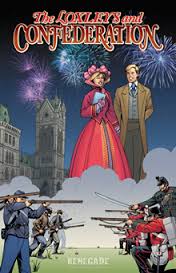

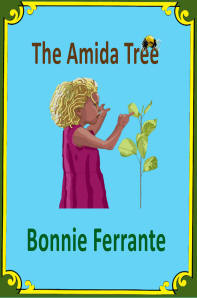
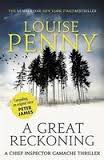





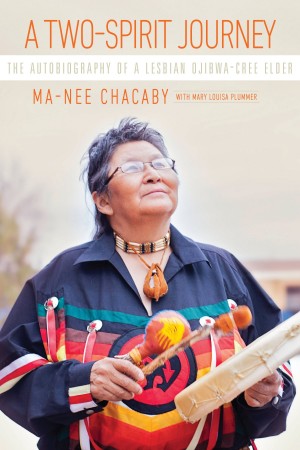
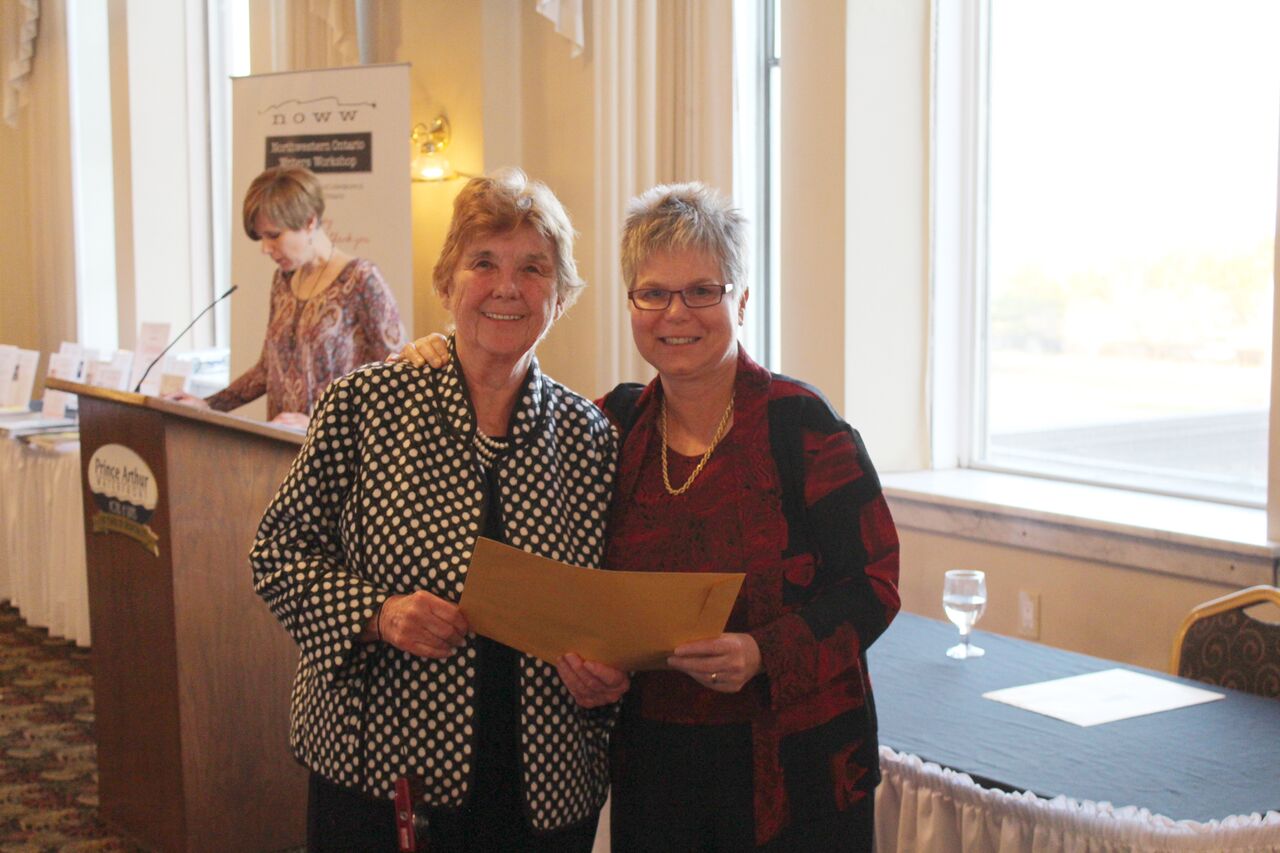








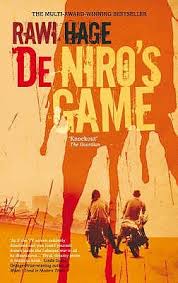

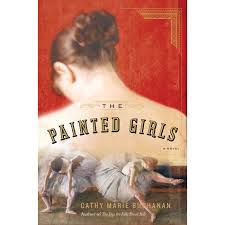






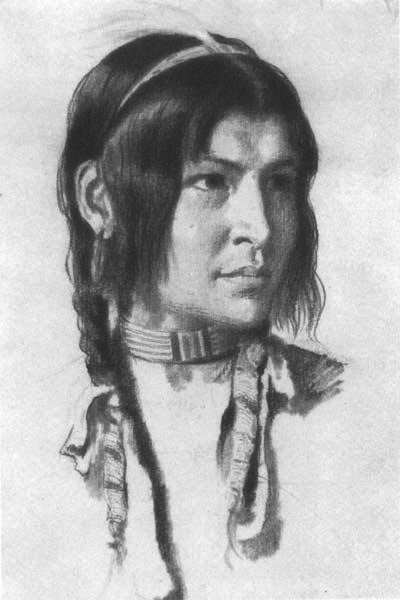


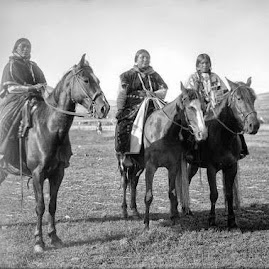
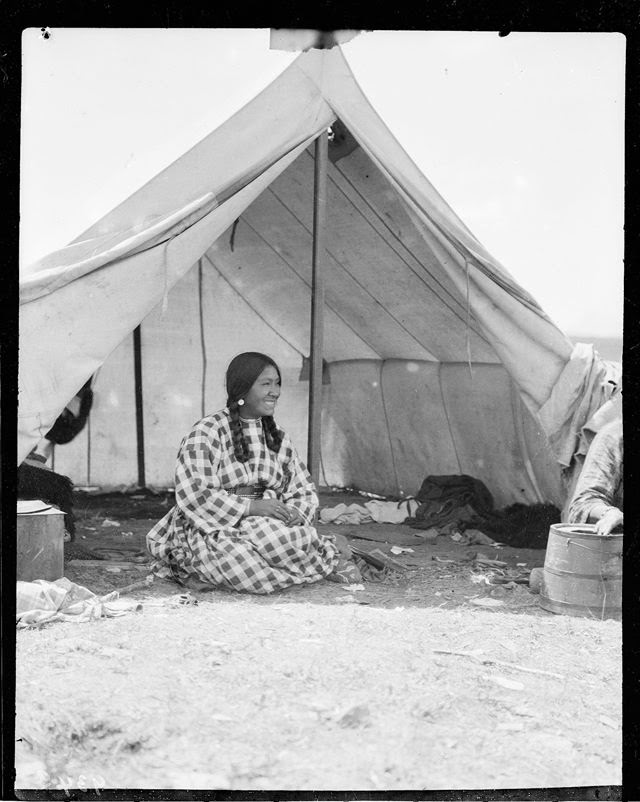
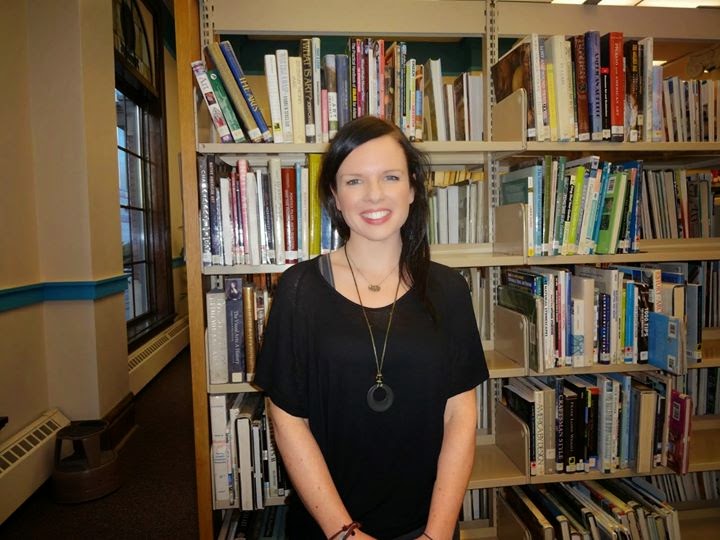



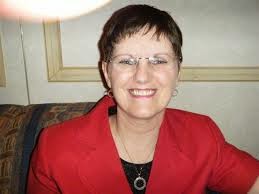


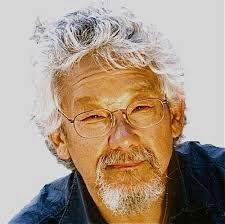





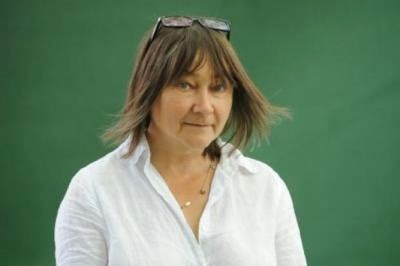

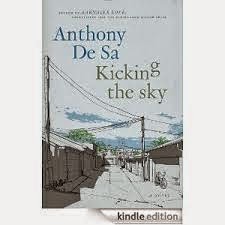









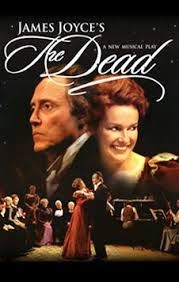

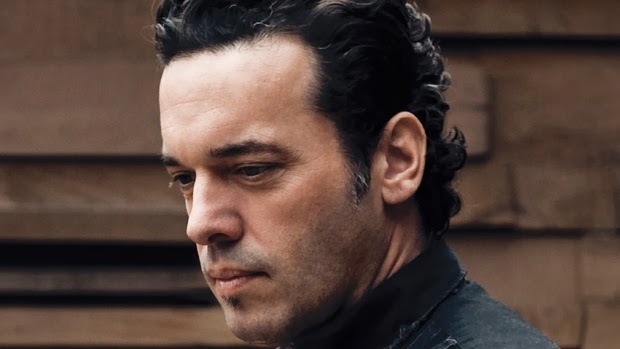

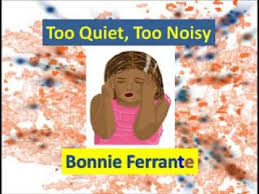



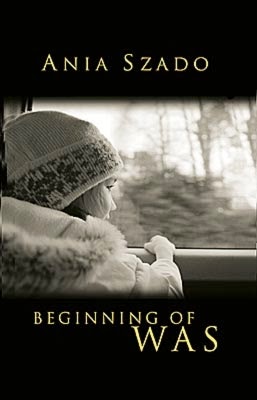

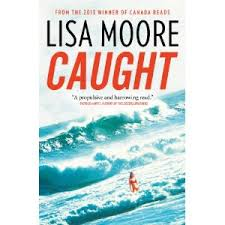

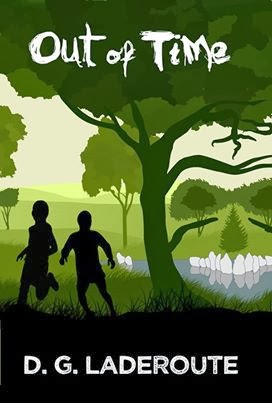
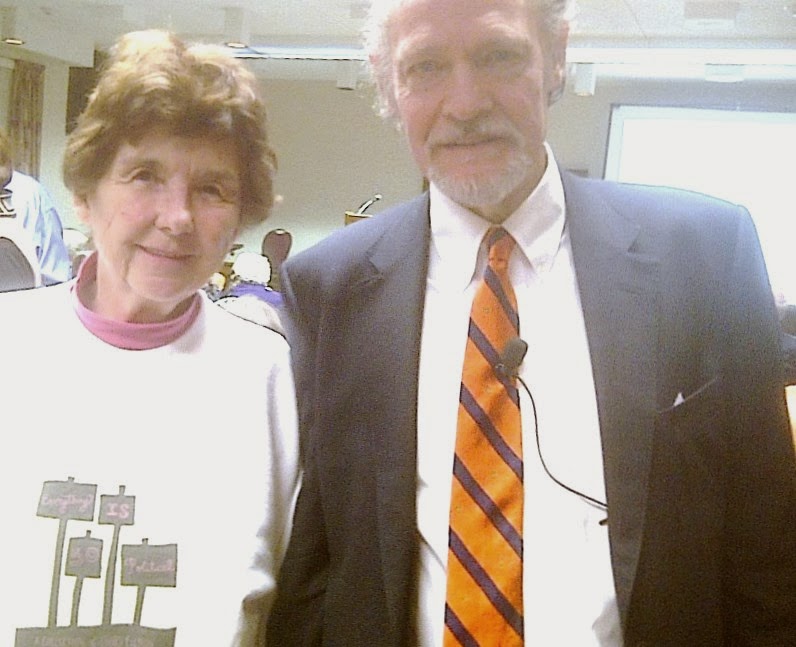
















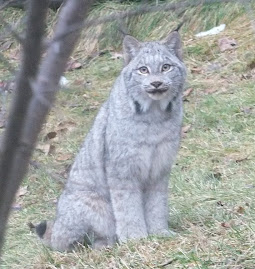

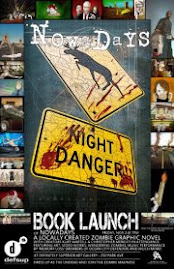



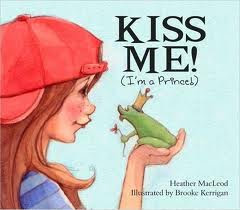


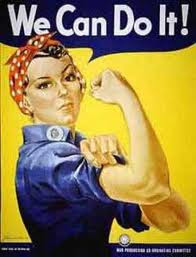

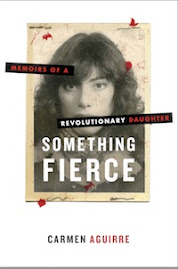

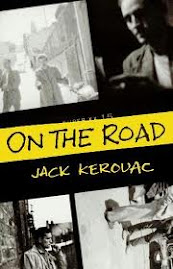

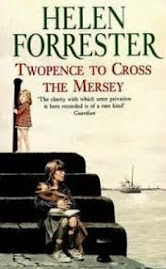
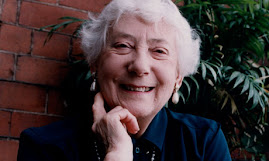





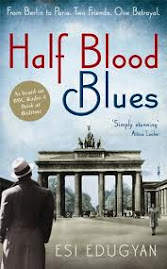
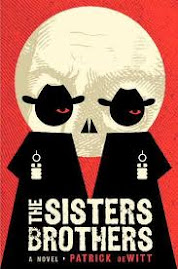
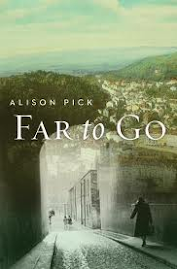

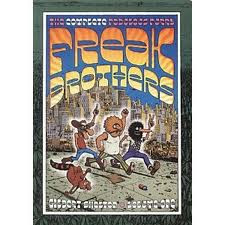
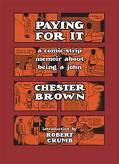
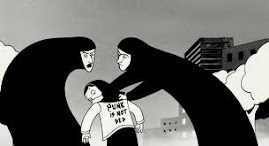
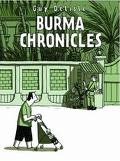





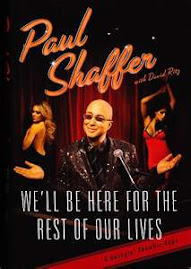














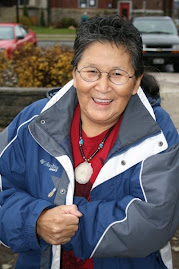












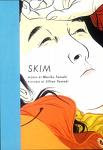
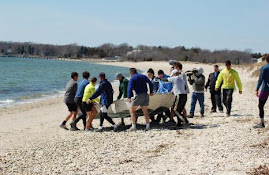



























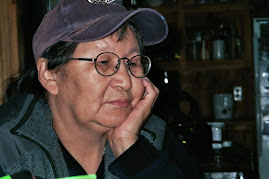




































No comments:
Post a Comment